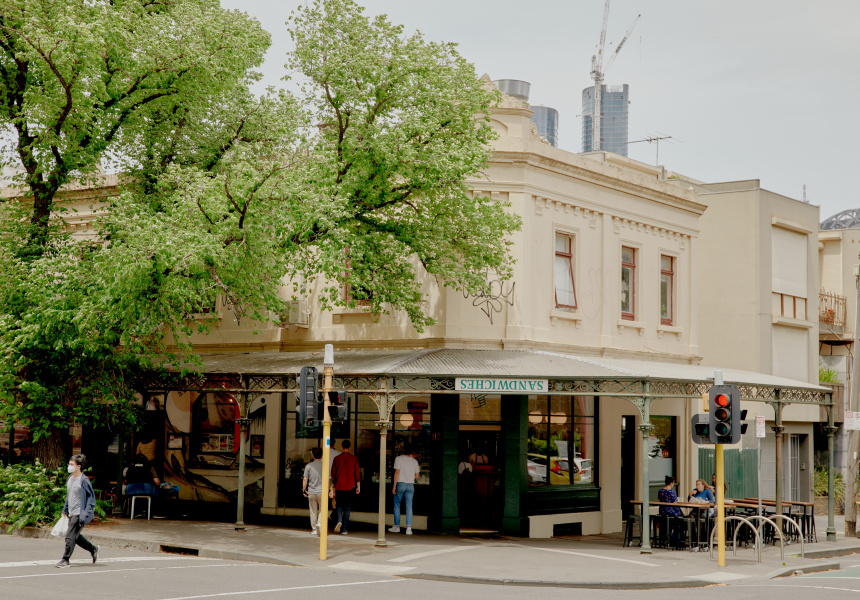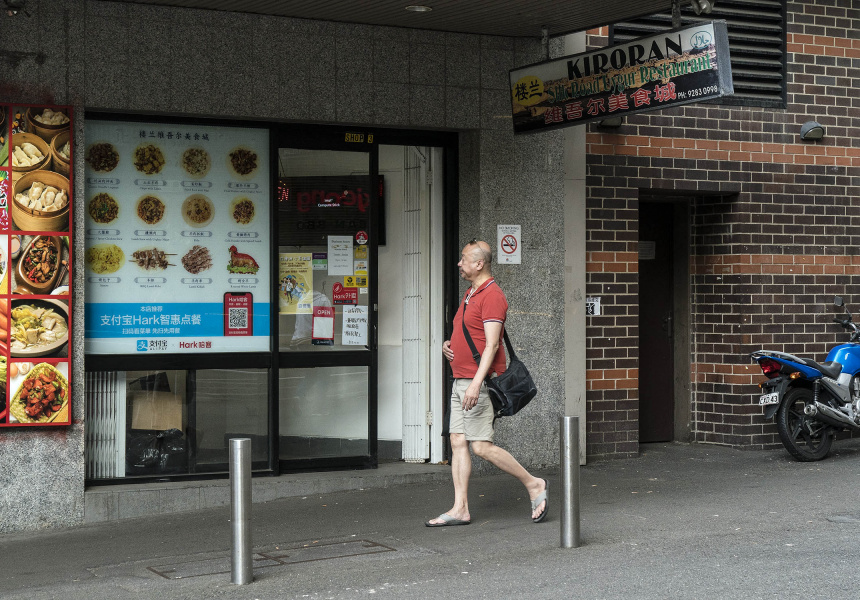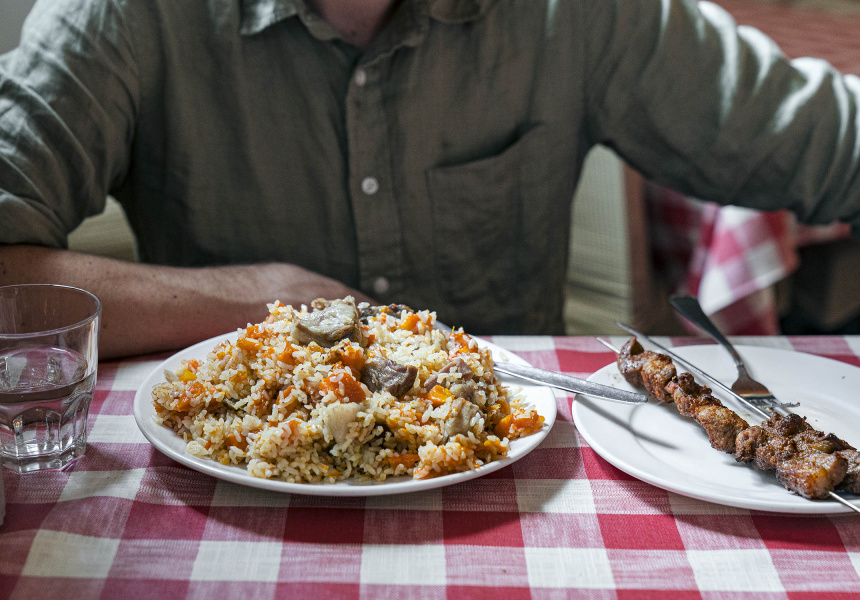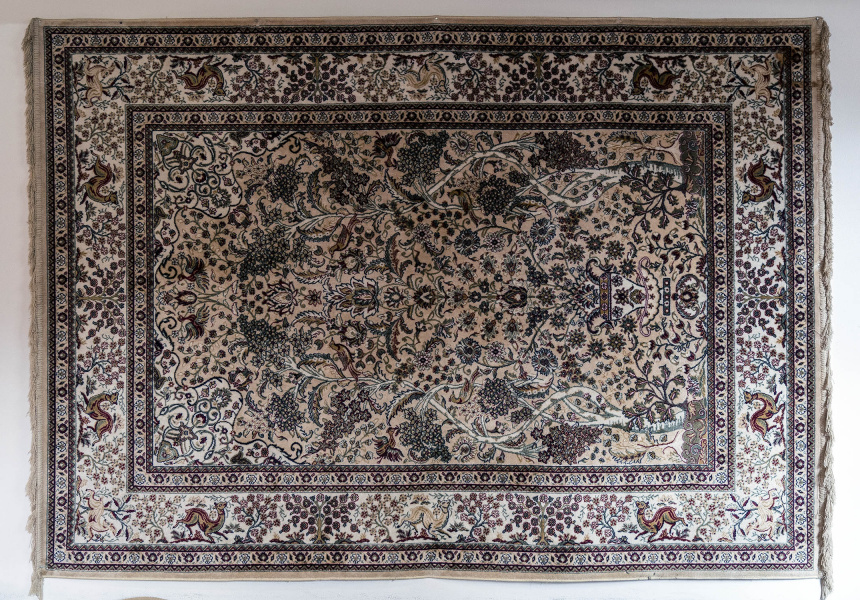Kiroran Silk Road Uyghur Restaurant
Features
The sign outside has subtitles in Chinese characters. On the menu each dish is translated into both English and Mandarin. But many of the diners here will adamantly tell you that this is no Chinese restaurant.
Both the owners and many of the diners here are Uighur (pronounced “wee-guh”) – an ethnically Turkic group of people living mainly in far-west China. They’re predominantly Islamic and have their own language, culture and cuisine. You’ll see it all here – in the faces and language of the diners, the music played, the traditional rugs hung on the wall and, of course, in the food.
Uighur cuisine is heavy and wheat-based, blending traditions from both Central Asia to the west and the Chinese cuisines of the east. The polo is a good example (pilau or pilaf in other languages) – rice stewed with lamb, carrots (pumpkin here) and onion until it’s silky in texture and buttery to taste.
Try traditional Uighur breads with a hunk of house-baked nan or goshnan, a lamb-stuffed pie heavy enough to fill a weightlifter’s belly. Laghman are traditional hand-pulled noodles, usually stir-fried with lamb.
The most popular order, though, is not a Uighur tradition but a Sichuan-influenced western-Chinese dish. Dapanji is the name, an immense, super-garlicky, medium-spicy chicken stew that’s bulked up by potatoes and long strands of fat, handmade noodles.
Contact Details
Phone: (02) 9283 0998
We do not seek or accept payment from the cafes, restaurants, bars and shops listed in the Directory – inclusion is at our discretion. Venue profiles are written by independent freelancers paid by Broadsheet.




